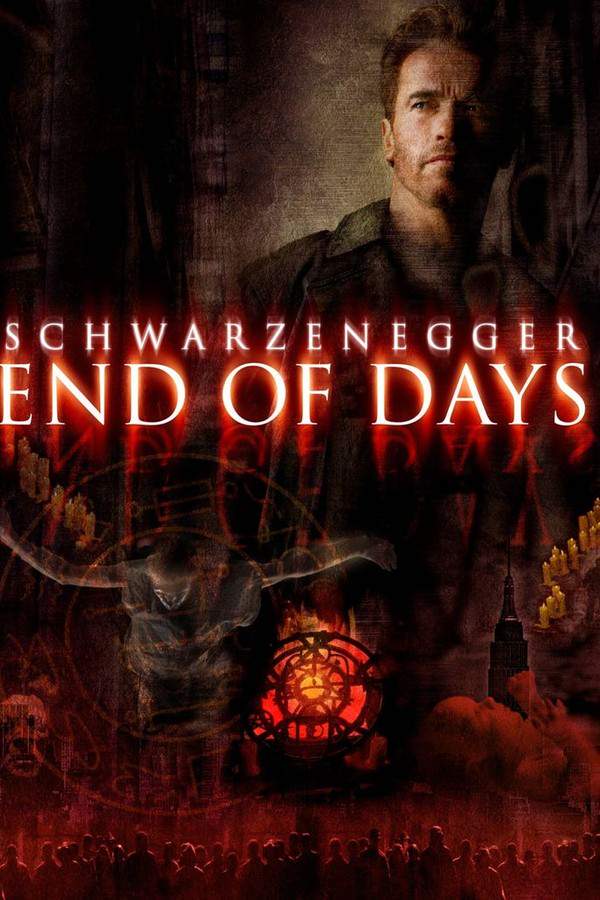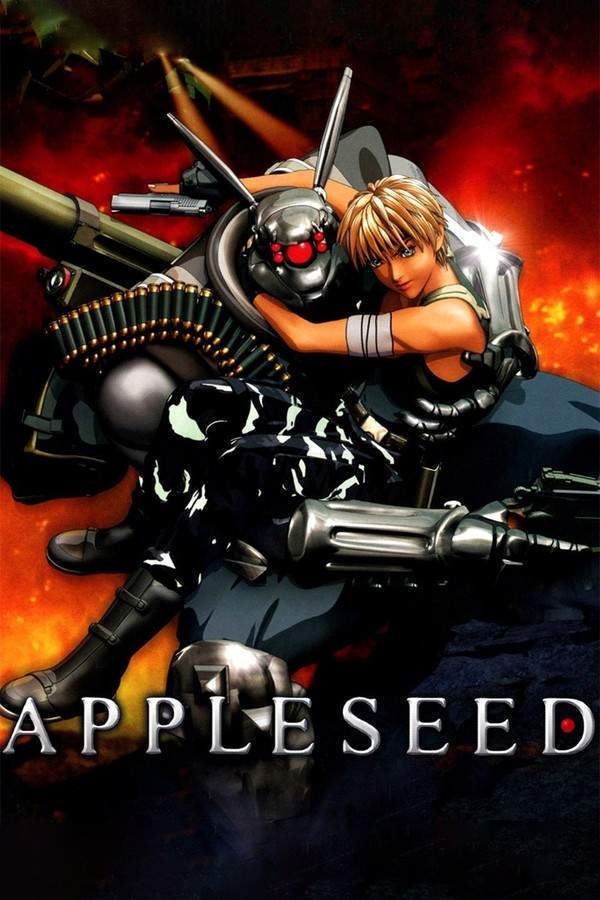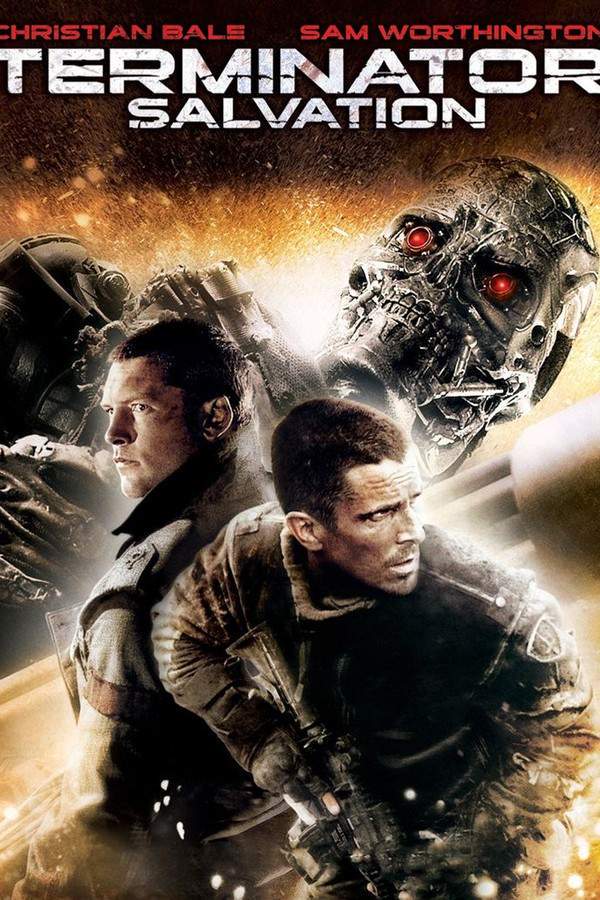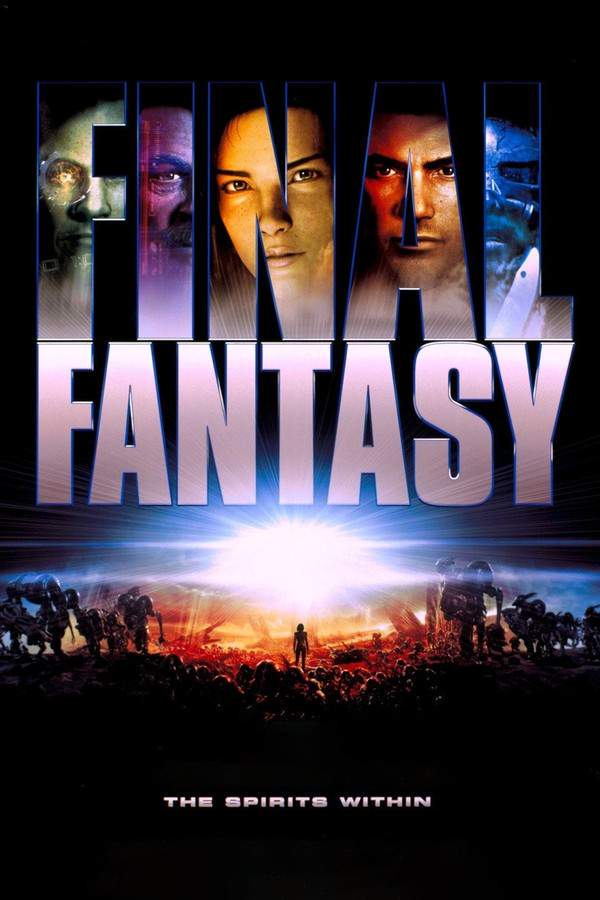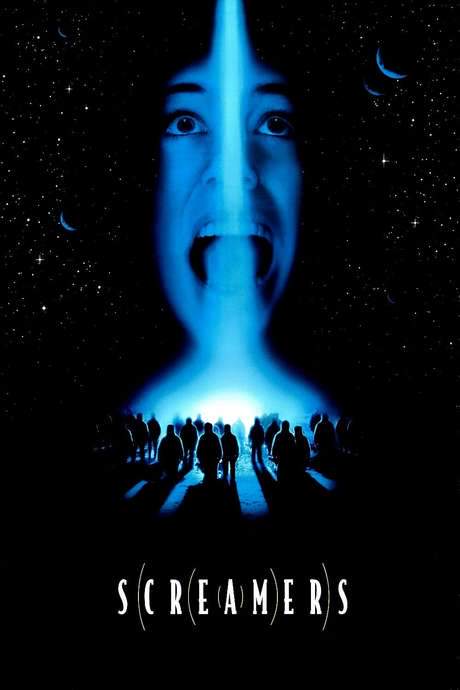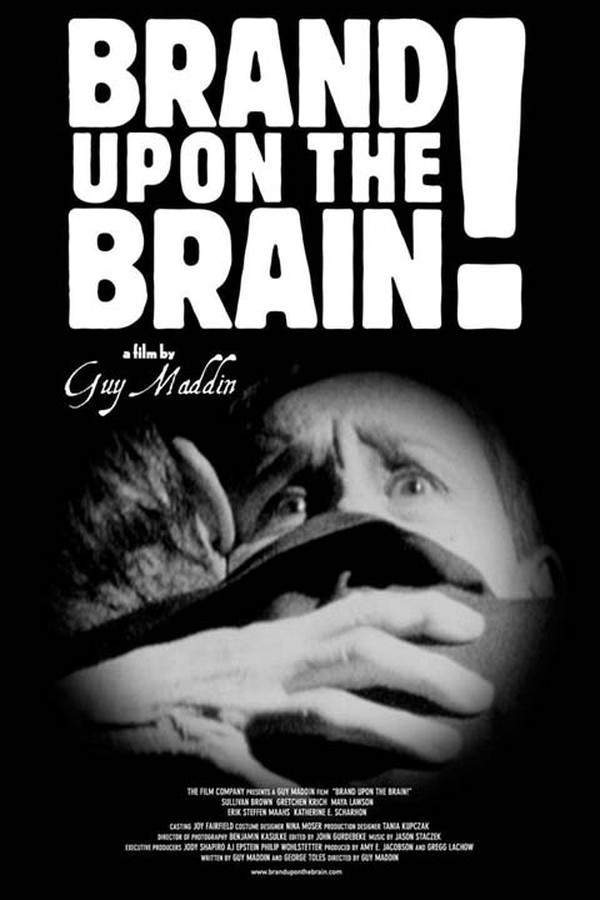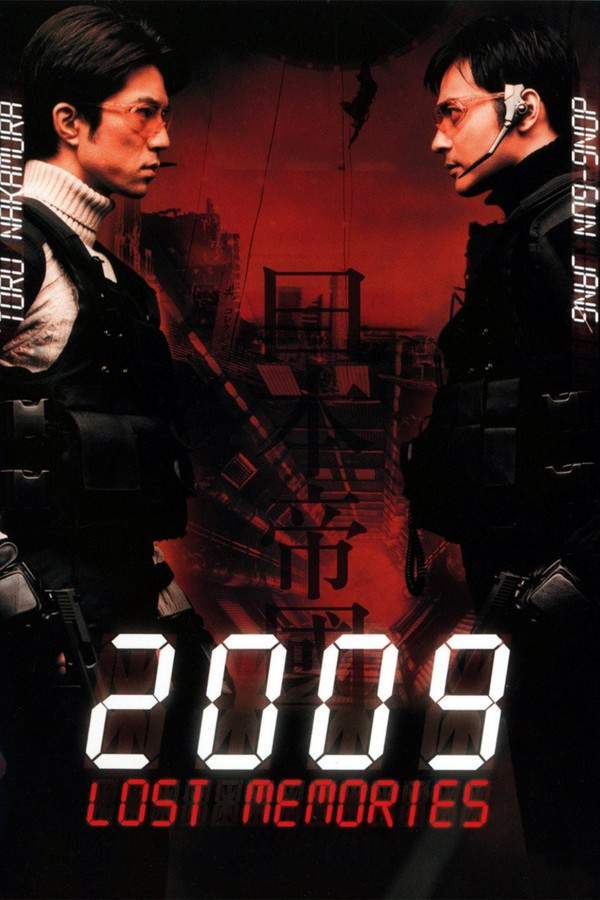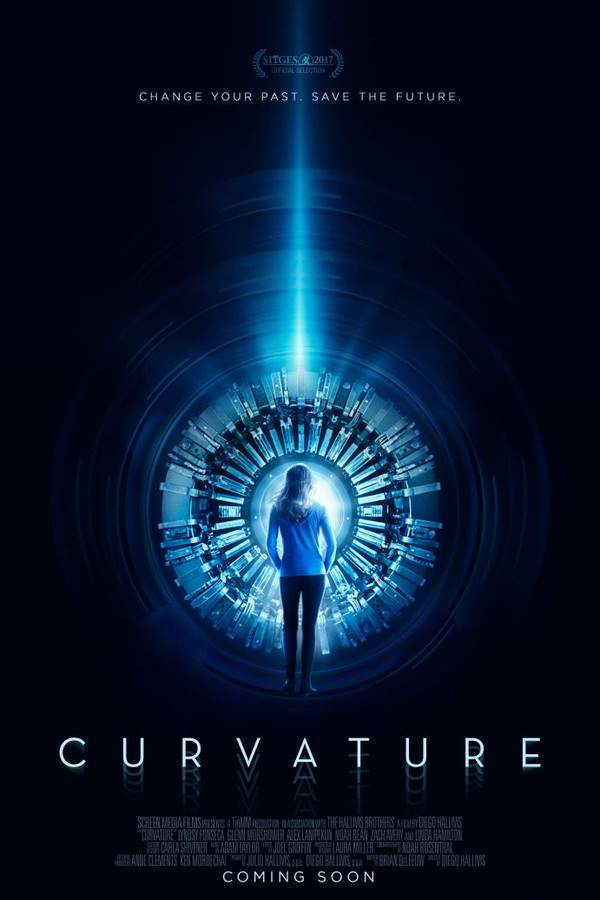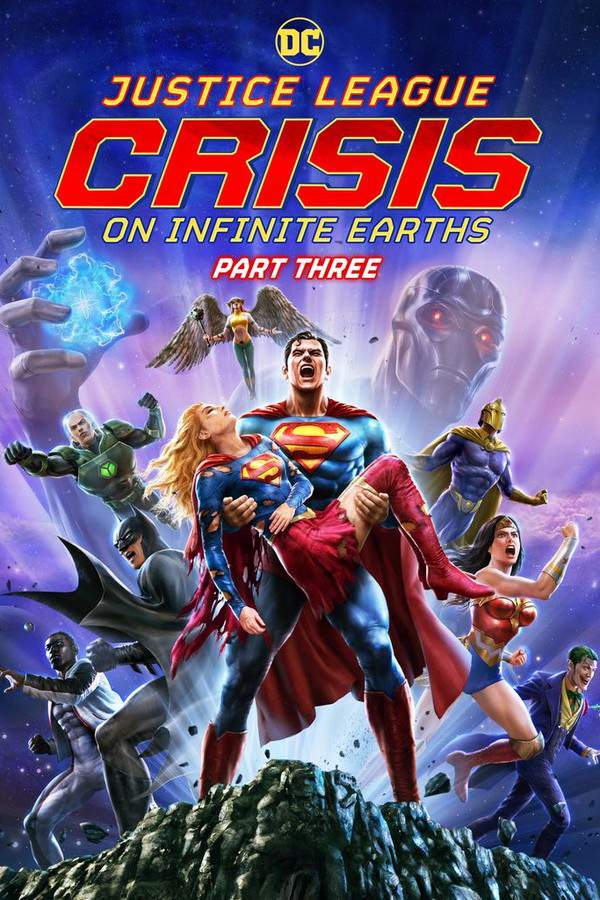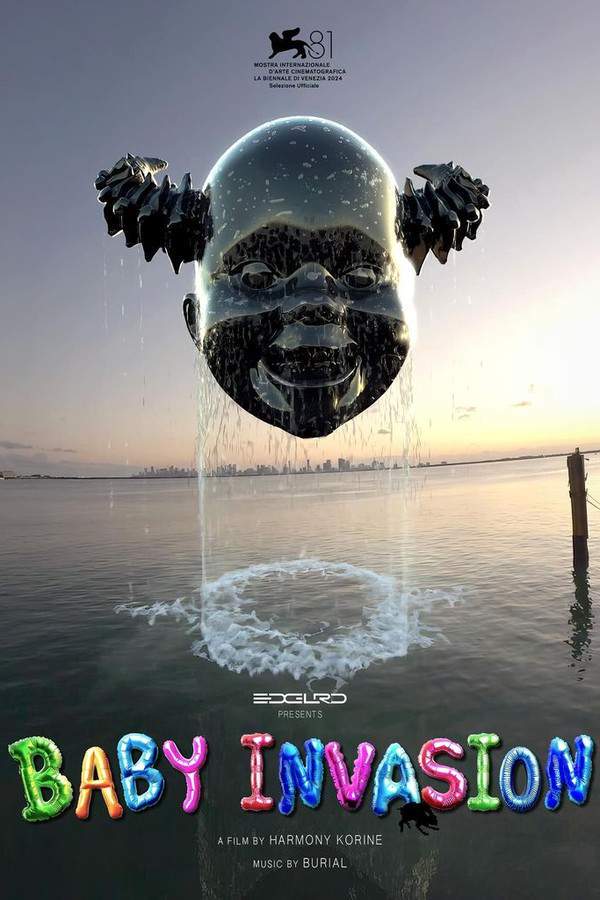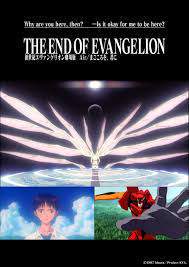
The End of Evangelion
Year: 2024
Runtime: 1 h 27 m
Language: Japanese
Directors: Hideaki Anno, Kazuya Tsurumaki
As SEELE's plan reaches its climax, the future of humanity is uncertain. This animated film explores the complex relationship between two characters as they confront their personal demons and the nature of reality itself. The story delves into profound themes of existence and psychological trauma, pushing the boundaries of animation and narrative.
Warning: spoilers below!
Haven’t seen The End of Evangelion yet? This summary contains major spoilers. Bookmark the page, watch the movie, and come back for the full breakdown. If you're ready, scroll on and relive the story!
Timeline & Setting – The End of Evangelion (2024)
Explore the full timeline and setting of The End of Evangelion (2024). Follow every major event in chronological order and see how the environment shapes the story, characters, and dramatic tension.
Last Updated: October 22, 2024 at 23:32
Main Characters – The End of Evangelion (2024)
Meet the key characters of The End of Evangelion (2024), with detailed profiles, motivations, and roles in the plot. Understand their emotional journeys and what they reveal about the film’s deeper themes.
Last Updated: October 22, 2024 at 23:32
Major Themes – The End of Evangelion (2024)
Explore the central themes of The End of Evangelion (2024), from psychological, social, and emotional dimensions to philosophical messages. Understand what the film is really saying beneath the surface.
Last Updated: October 22, 2024 at 23:32
Explore Movie Threads
Discover curated groups of movies connected by mood, themes, and story style. Browse collections built around emotion, atmosphere, and narrative focus to easily find films that match what you feel like watching right now.
Movies about existential apocalypse like The End of Evangelion
Stories where the end of the world mirrors the unraveling of the human psyche.Explore other films like The End of Evangelion that combine apocalyptic events with deep psychological and existential themes. If you enjoyed the intense exploration of trauma and reality in a collapsing world, you'll find similar stories here that challenge the mind and emotions.
Narrative Summary
Stories in this thread typically involve a catastrophic event that forces characters to confront their deepest fears and psychological wounds. The plot often escalates rapidly towards a world-altering climax, paralleling the internal breakdown of the protagonists, leading to an ambiguous or bittersweet resolution about the nature of existence and individuality.
Why These Movies?
These movies are grouped together because they share a core focus on blending high-stakes apocalyptic scenarios with intense, character-driven psychological exploration. They create a cohesive experience of existential dread and emotional heaviness, appealing to viewers who seek narratives that are both visually grand and philosophically challenging.
Movies with surreal ambiguous endings like The End of Evangelion
Journeys through surreal chaos concluding with deeply personal, ambiguous resolutions.Discover films similar to The End of Evangelion that feature a surreal, intense narrative pace leading to an ambiguous and emotionally heavy conclusion. If you liked the film's chaotic visual style and its thought-provoking, bittersweet finale, this collection is for you.
Narrative Summary
The narrative pattern involves a rapid escalation into surreal or metaphysical chaos, blurring the lines between reality and perception. Character arcs are defined by traumatic pasts and agonizing choices in the face of incomprehensible events, resulting in a finale that prioritizes emotional and philosophical impact over clear-cut resolution.
Why These Movies?
These films are united by their use of surrealism and a fast, intense pace to deliver a complex, emotionally heavy story with an ambiguous ending. They share a specific vibe of psychological oppression and cathartic release, appealing to audiences who appreciate challenging narratives that resist simple answers.
Unlock the Full Story of The End of Evangelion
Don't stop at just watching — explore The End of Evangelion in full detail. From the complete plot summary and scene-by-scene timeline to character breakdowns, thematic analysis, and a deep dive into the ending — every page helps you truly understand what The End of Evangelion is all about. Plus, discover what's next after the movie.
The End of Evangelion Summary
Read a complete plot summary of The End of Evangelion, including all key story points, character arcs, and turning points. This in-depth recap is ideal for understanding the narrative structure or reviewing what happened in the movie.

The End of Evangelion Timeline
Track the full timeline of The End of Evangelion with every major event arranged chronologically. Perfect for decoding non-linear storytelling, flashbacks, or parallel narratives with a clear scene-by-scene breakdown.

The End of Evangelion Spoiler-Free Summary
Get a quick, spoiler-free overview of The End of Evangelion that covers the main plot points and key details without revealing any major twists or spoilers. Perfect for those who want to know what to expect before diving in.

More About The End of Evangelion
Visit What's After the Movie to explore more about The End of Evangelion: box office results, cast and crew info, production details, post-credit scenes, and external links — all in one place for movie fans and researchers.


